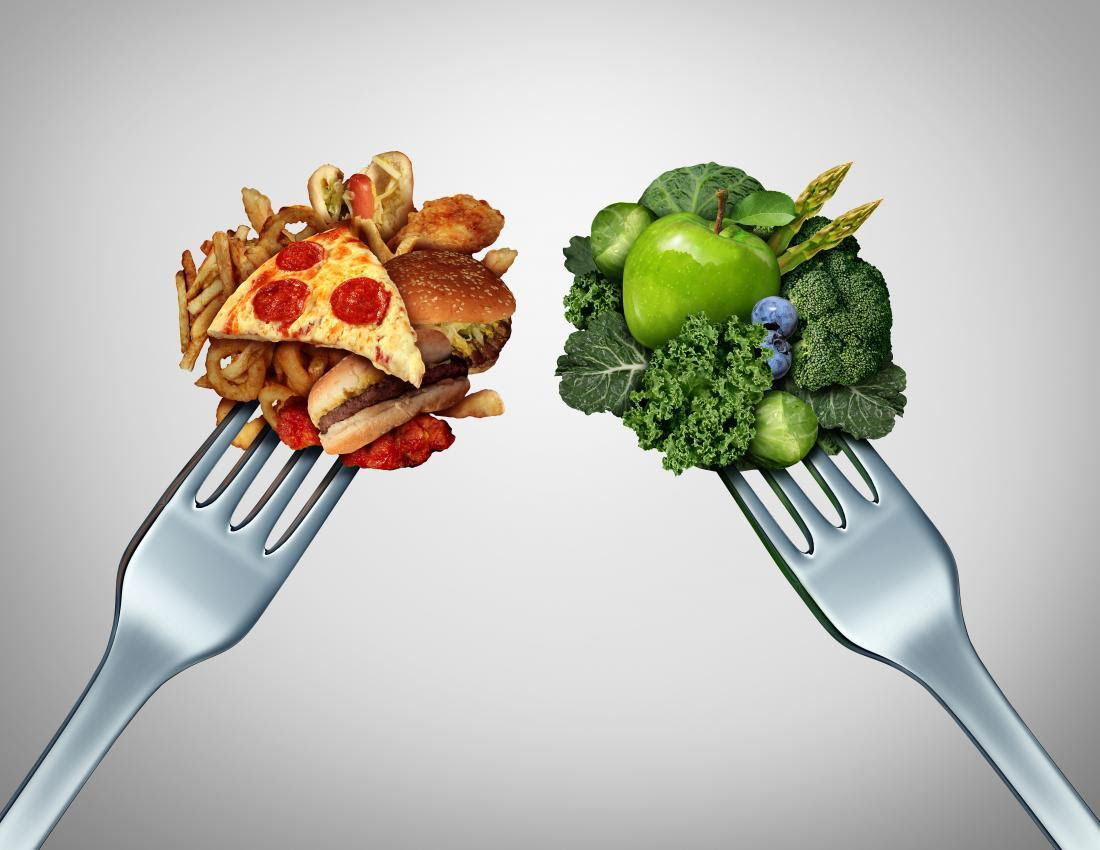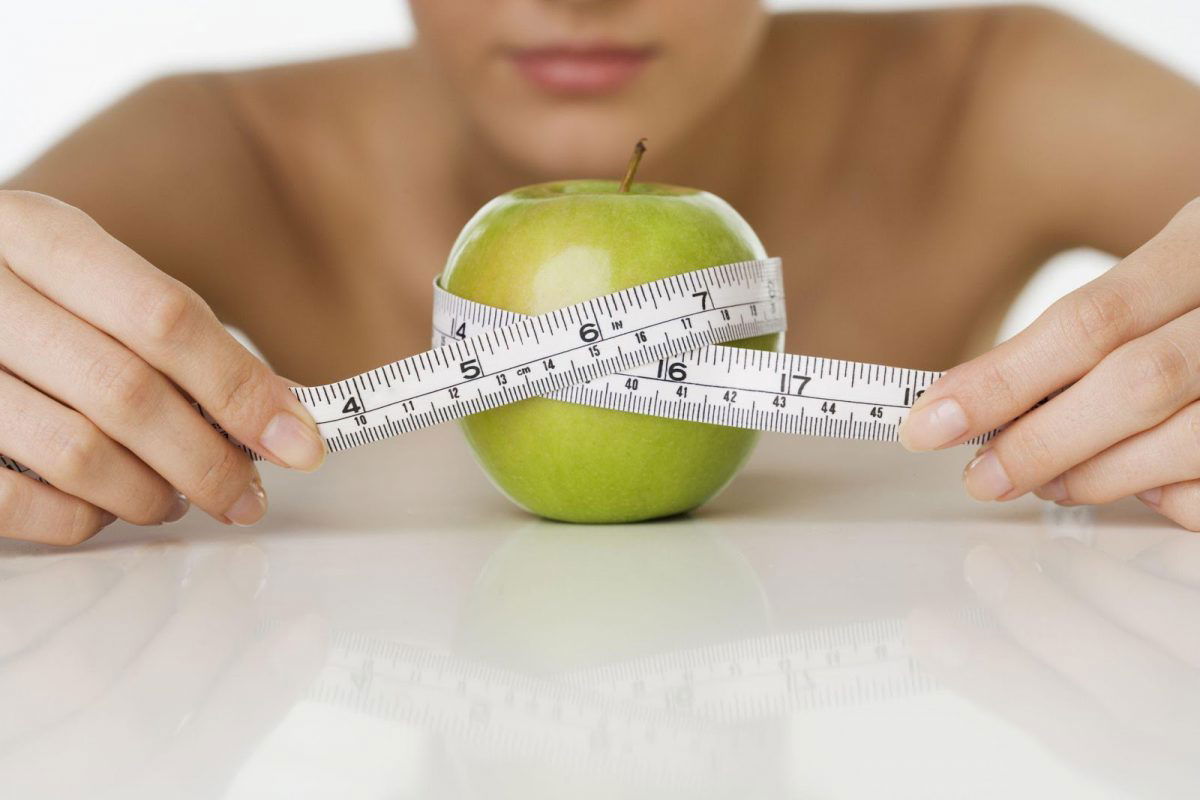You'll lose weight (and reduce body fat naturally) by adopting a wholesome diet, alongside moderate exercise.
Eliminating processed foods high in sodium and other sugary items is important, as is staying routinely hydrated to aid digestion and fast-track your weight loss efforts overall (you certainly don't want to bloat!).
When it comes to healthy eating and weight loss, these powerful foods loved by registered dietitians have your back.
Peanut butter packs 8 grams of protein and up to 4 grams of fiber per serving, making it an ideal snack to help you fill up and stay satisfied (particularly in stabilizing a glycemic load). Just make sure that you're taking a
(maybe a little bit of oil, but no high fructose corn syrup or additives necessary!). A published review of research in the Journal of Food Science and Technology highlights the fact that peanut butter can help people feel more satisfied compared to other snacks.
They're filled with fiber and plant-based protein,
as well as immune-boosting antioxidants and bloat-busting minerals. Chickpeas easily go in soups, stews, salads, and side dishes. Plus, chickpea flour is a great baking alternative for a more nutrient-dense and filling end result.
10 Best Plant-Based Flour Substitutes That Every Baker Should Try
With more fiber than quinoa and more potassium than a banana, pumpkin puree is one of your best bets for snacking and cooking purposes.
Try this the next time you're craving sweets: add pureed pumpkin to unsweetened Greek yogurt with cinnamon and chopped pears for a nutritious dessert.
43 Easy Pumpkin Recipes to Make All Year Long
A cup of peas packs 8 grams of protein
and tons of key bloat-reducing nutrients. It's got nearly all of what you need daily for vitamin C, plus magnesium, potassium, and iron — all of which aid in counterbalancing sodium and bringing oxygen to blood cells.
It doesn't get any better than the healthy fats in this fish when it comes to hearty protein, alongside salmon and sardines. They're
filled with omega-3s and lean protein,
helping you fill up at meal time and dodge sneaky snack attacks later in the day or night.
The
polyunsaturated fatty acids plus minerals
in salmon make it an ideal dinner choice. The vitamin D found in each fillet has been previously linked in research illustrating that it may assist in weight management in overweight individuals.
You'll also get 25% of your daily vitamin B6, which can help with mood and stress regulation.
Believe it or not,
air-fried potatoes (yes, really!) are an excellent source of potassium,
which can help manage bloating and counterbalance sodium. They're high in fiber as well, meaning potatoes can be a nutrient-dense food — just as long as they're not served the french-fry way.
Pumpkin seeds provide tons of immune-boosting zinc, but more importantly, are a
significant source of fiber
(quite a filling snack!). With about 7 grams of protein per snack-sized serving, pepitas are a great addition to most diets.
Fermented foods like miso, tempeh, and sauerkraut contain probiotics, a.k.a. friendly bacteria that help boost immunity, regulate gut function, and banish bloat.
Unsweetened plain Greek yogurt can provide probiotic benefits too.
Choose ones that have five strains or more of bacterial cultures per 6-ounce serving.
Like yogurt, kefir is a cultured diary byproduct, but it's more of a creamy, delightful drink that has a smoothie consistency. It's full of probiotics to help regulate a healthy gut, and
can be a particularly smart choice if you feel bloated,
as constipation can play a huge role there. It's also very high in protein naturally, so try adding a splash to your morning smoothie.
It's polarizing in many households, but sauerkraut may be the first fermented food you ever encountered — and it should have a space among other condiments in your pantry. Because it's fermented, there are probiotic benefits associated with sauerkraut; mostly, like other vegetables, it's
low in calories but high in fiber.
Try adding it to a salad or a sandwich, stat!
Probiotics introduce useful bacterial to your system, but the prebiotics in oats feed the good bacteria already living there, helping it proliferate. Plus, there's a hefty punch of dietary fiber in oatmeal, a common oats item:
Just a half cup has 4 grams, helping you stay full until lunchtime.
Almonds, peanuts, walnuts, pistachios — at GH,
we're nuts about nuts!
Almonds in particular are a strong source of protein, and various research has linked an increase in almond consumption to a decrease in LDL cholesterol (the "bad" kind). Particularly, though,
regularly snacking on almonds has been linked to greater weight loss
due to its effect on supercharging metabolisms, per the Journal of Research in Medical Sciences.
Another nutty superstar, walnuts are rich in monounsaturated fats — they're an extremely heart-healthy snack compared to other grab-and-go items like chips or pretzels. Previous research has established that walnuts, in particular,
help to curb cravings
that you may have experienced in between meals in the past.
Have you ever wondered why pistachios are sometimes sold in their shells? Believe it or not, pistachios are a prime example of a wholesome snack that may end up causing you to slow down and focus on what you're eating due to their shells. Research published in the journal Appetite found that the
process of shelling pistachios signaled dieters to slow down
— the shells themselves served as a reminder of how much they had already
ate.
Blueberries are indeed full of fiber (4 grams in one cup) but also hold a significant amount of antioxidants in a juicy bite-sized treat.
Blueberries contain less sugar than most other fruits,
too — they're a satisfying, sweet, healthy choice at snack time or for dessert.
Compared to other berries,
raspberries have especially high fiber counts.
They're a great addition to an already balanced breakfast, whether it's cereal, oatmeal, yogurt, or even a quick smoothie (making it feel so much more substantial!).
Plant-based oils like extra-virgin olive oil create that "full" feeling and help you slim down overall.
Extra-virgin olive oils also work to reduce inflammation due to antioxidants, particularly oleocanthal, which has been touted to have similar effects on the body as ibuprofen when consumed regularly.
Skip battered foods deep-fried in oil, though! Fried snacks are associated with weight gain, so you're better off enjoying them only once in awhile.
Some research indicates eggs, which
are low in calories and are rich in other dietary nutrients
, may aid in weight loss over time. High-protein breakfasts, including omelets and veggie-forward skillet scrambles, can be quite satiating throughout the day; but even a hard-boiled egg atop a salad at lunch can also keep you full until dinner.
Beans are a staple of many vegetarian dishes because they're
packed with plant-based proteins,
as well as minerals and some B-vitamins. They're also a significant source of soluble fiber, which will help your body take longer to process a meal that's bean-based, helping you to consumer fewer calories throughout the day.
These little protein-filled bites of plant-based goodness make for excellent soup bases or salad additions to make a meal feel so much more substantial.
The fiber and resistant starch within lentils can help you consume fewer calories between meals.

 So they get on the scale daily or weekly expecting to always be losing weight. But, this doesn’t happen in the real world.
So they get on the scale daily or weekly expecting to always be losing weight. But, this doesn’t happen in the real world. And some people have a slow beginning. Where it seems like there’s no progress at all the first few weeks. This is very frustrating. But then, all of a sudden you lose a big chunk of weight.
And some people have a slow beginning. Where it seems like there’s no progress at all the first few weeks. This is very frustrating. But then, all of a sudden you lose a big chunk of weight. So sometimes it’s like 2 steps forward, 1 step back… then 3 steps forward, 1 step back and then something goes wrong and it’s like only 1 step forward and 3-4 steps BACK.
So sometimes it’s like 2 steps forward, 1 step back… then 3 steps forward, 1 step back and then something goes wrong and it’s like only 1 step forward and 3-4 steps BACK. So there are lots of ways for losing weight & "erasing" stubborn belly fat
So there are lots of ways for losing weight & "erasing" stubborn belly fat 











